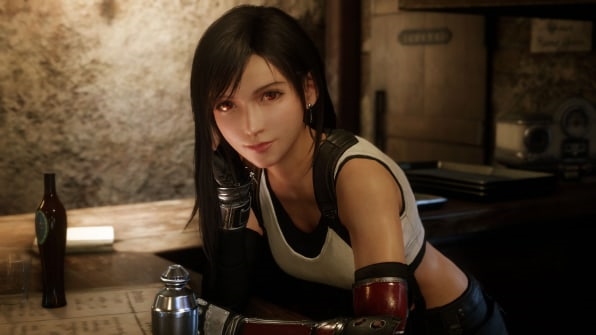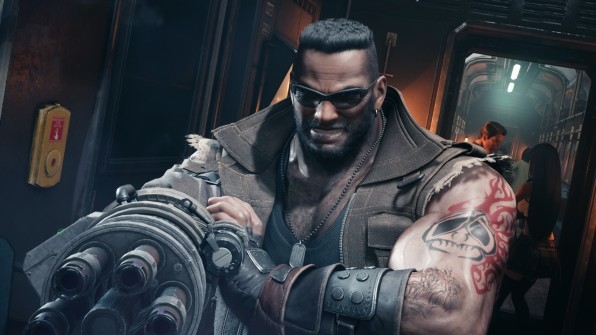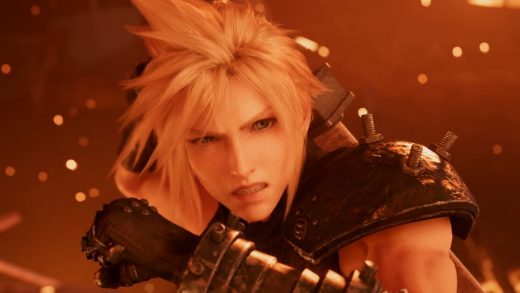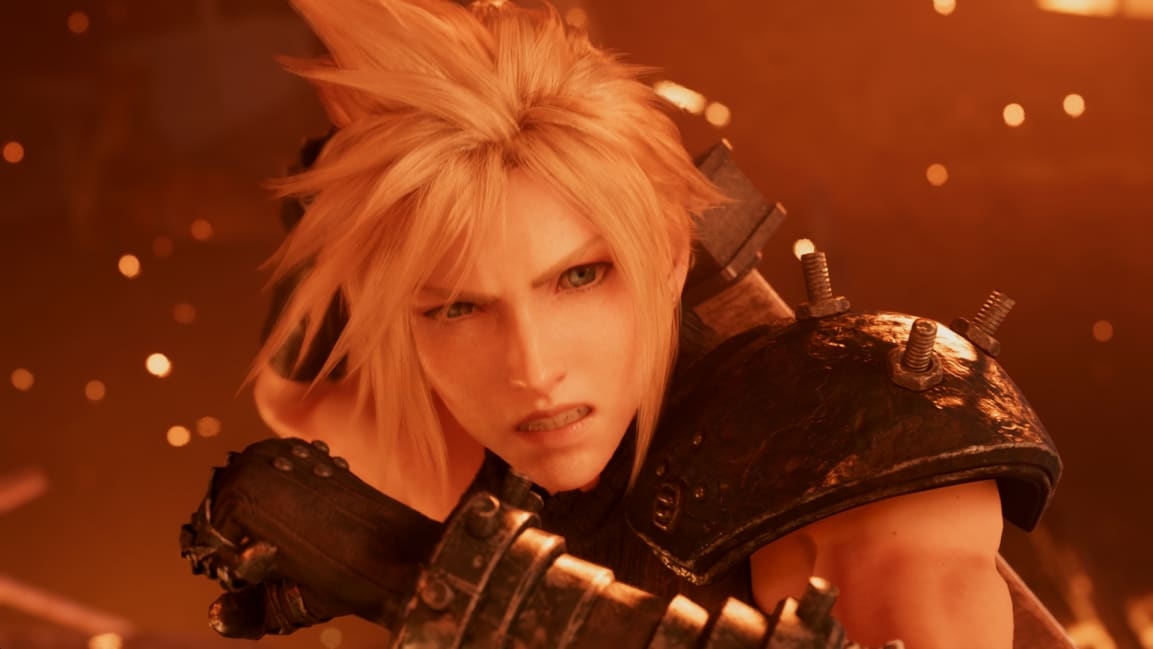What Hollywood could learn about remakes from ‘Final Fantasy VII’
If Hollywood has proven anything, it’s that remaking a classic is easy to do.
What’s hard is to make it actually good.
The rate at which studios rummage through their intellectual property to reheat a serving of nostalgia would make it seem as if audiences are clamoring for every bit of their yesteryear to be shoved into today. But as one recent survey found, audiences unfavorably compared remakes to their original versions 90% of the time. Yet every year brings a new crop of remakes, which means people are still going to see them. As one writer so accurately put it, it’s the “grumble gap: audiences complain, then take out their wallets.”
So what’s the key to a good remake?
Video games may have a few suggestions.
Where most film and TV audiences bemoan the lack of originality in Hollywood, there’s often fervent demand among gamers to remaster or completely remake past titles. One title that seems to have been at the top of everyone’s list has been Final Fantasy VII.
Final Fantasy VII follows Cloud Strife, a mercenary in the fictional city of Midgar who’s hired by the eco-terrorist group Avalanche to stop a mega-corporation from draining the planet’s energy source. When it was first released in 1997, Final Fantasy VII became an instant hit, selling more than two million copies within the first three days of its release and eventually landing on numerous “best game of the year” lists. It was announced in 2015 that developer Square Enix would be remaking its fan favorite and so began the five-year odyssey of Final Fantasy VII: Remake—as well as a master class in how all remakes (film, TV show, game, or otherwise) should be handled.
“In movie remakes, the main changes you might see are the changes in each era’s fashion and cityscapes, or how technology may be used with the story,” says Yoshinori Kitase, Final Fantasy VII‘s original director and current producer on Remake. “By comparison, characters in video games evolve significantly day by day. What is possible now in capturing and delivering performance, having characters display nuance and emotion, is light-years’ away from what was possible in the recent past, let alone over 20 years ago. It means that older games can come back to life as a completely new work and become much more immersive on multiple levels as a result.”

Is all that tech necessary?
As iconic as Final Fantasy VII is to the game’s franchise, its graphics and character design were cartoonish at best, which certainly matched the look of the games before it in the series, but came nowhere close to the sophistication of the ones after.
“Many Final Fantasy titles that followed the release of Final Fantasy VII, starting with Final Fantasy VIII, have been ported or remastered in recent years with 3D graphics that I’d say are more acceptable by today’s standards,” Kitase says. “Only Final Fantasy VII, which was created at the dawn of 3D graphics, had been somewhat left behind without modern-day graphics.”
There’s a tendency for remakes to lean in a direction that feels like innovation for the sake of innovation. Take last year’s live-action The Lion King, for example. The visual effects rendering incredibly lifelike animals is truly a noteworthy feat. However, what’s lost are the human-like facial expressions in the animated version that help convey emotions. The remake lands in a strange gray area: You hear the emotion in their voices, but it can’t register on their faces at the cost of looking too ridiculous, thus negating the realistic approach in the first place.
Square Enix could’ve just remastered the old look of the game, using the same look and feel of the original but with sharper graphics. However, Kitase not only wanted to match the experience players today are used to; he also wanted to leverage the more realistic character design to amplify the emotional storytelling.
“In the original, we put emphasis on over-the-top, exaggerated performances to convey emotion,” he says. “But we were mindful of keeping the performances as well as the presentation as realistic and nuanced as possible for Remake.”

Expand the past—don’t rewrite it
It’s understandably difficult for some remakes to, say, retain the surprise ending that their original may have had. But stretching the plot to the point where it is light-years from its starting point is hardly the answer. The twist in the original Planet of the Apes was based on the fact that the “alien” planet that the astronauts were exploring was actually Earth after it had been decimated in a nuclear war. Tim Burton’s 2001 remake saw Mark Wahlberg crash-land out of space in front of the Lincoln Memorial. Except it’s not Lincoln—it’s an ape. TL;DR, audiences were very confused. The original ending was impactful, because it was an allegory for nuclear war. The remake had the chance to expound on that, especially given around the time it came out, with the threat of al-Qaeda looming in the distance. But no: The remake of Planet of Apes stretched too far from its original mark.
What Remake does, however, is expand the original story in areas where it felt light or glossed over. This means that there’s approximately more than 30 additional hours of playtime than the 1997 version. Remake also pushes the game’s world past a series of fixed paths shot from a bird’s-eye point of view that allowed for little to no exploration.
“In Remake, players can move the camera to view the city from any angle. How far does this disk-shaped metropolis expand? How high does the city and its buildings look when seen from the ground up?” Kitase says. “By including these perspectives and giving players that sense of space, we’ve been able to thoroughly depict the realism of Midgar more so than in the original.”
Video-game and movie remakes will never be a complete apples-to-apples comparison. There are fundamental factors to consider, such as how some older games aren’t compatible for newer consoles, so remakes become a fundamental part of introducing classic stories to a new generation. Also, developers have a far less aggressive slate to produce projects. Hollywood seems to have oversaturated on reboots and remakes because, compared to video games, they just take less time to develop.
To that end, there seems to be more thought put into video-game remakes than film. Game remakes generally don’t amp up the graphics just because, or twist the plot into something unrecognizable. They do what remakes are supposed to do: amplify nostalgia.
“We didn’t want to make the same game again, just with improved graphics,” Kitase says. “This was an opportunity to reimagine Final Fantasy VII, to keep all the elements that people love from the original and go deeper into the world and story. Expanding upon the original in order to also make it feel new and surprising for everyone, both newcomers and all those that have played the original game across the last 23 years.”
Fast Company , Read Full Story
(3)



